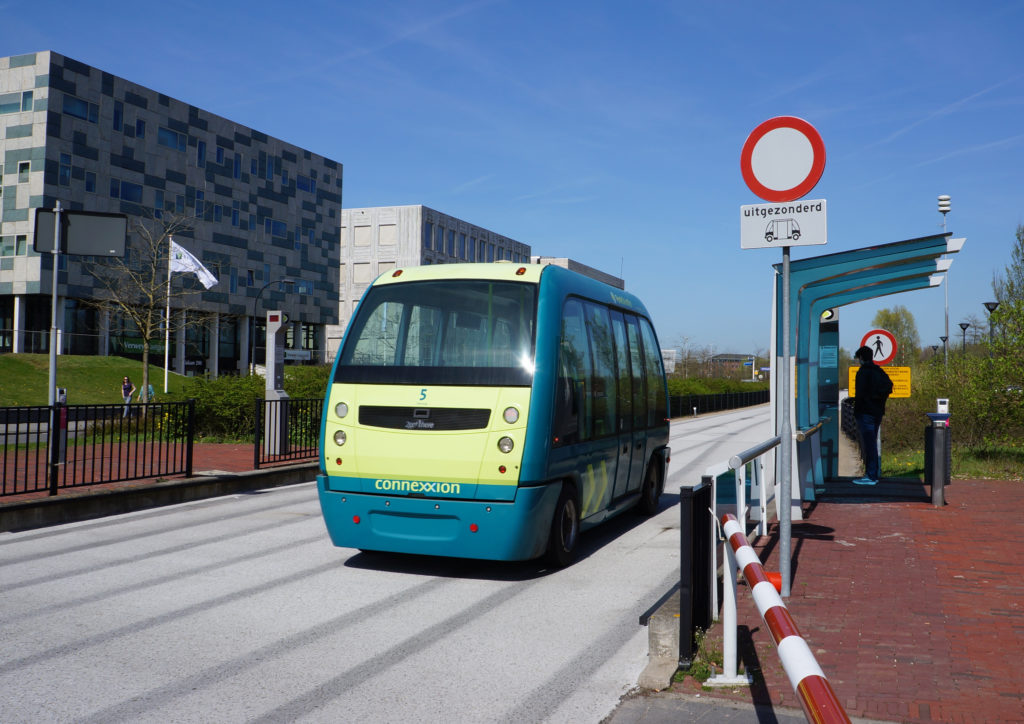The Dutch government has approved public road tests for unmanned self-driving vehicles with immediate effect. The tests include remotely piloted vehicles.
Operators had been permitted to test self-driving cars on public roads in the Netherlands since 2015 providing a driver or safety operator was present in the vehicle.
Prior to receiving final approval from the Minister of Infrastructure and Water Management, any proposed tests will be assessed by the Netherlands Vehicle Authority (RDW), the Dutch Institute for Road Safety Research (SWOV), the police, and other road authorities.
“The car of the future is being designed today,” said Cora van Nieuwenhuizen, minister of infrastructure and water management. “Self-driving transport opens up opportunities for enhanced traffic safety and reducing the number of accident-related tailbacks. It is important that we prepare our roads and make our legislation future-proof to accommodate such transport, rather than waiting for these cars to be marketed. That is why we are now offering manufacturers the opportunity to experiment with these types of vehicles on public roads, whereby the safety of all the road users is always paramount.”
The tests are subject to several conditions and restrictions. For example, the traffic safety risks must demonstrably be minimized, and the remote driver must always hold a valid driver’s license. Furthermore, the tests to be conducted on a specific road or road section will be confined to a limited timeframe. Feedback regarding the outcomes of the experiment must be provided to the RDW.
The outcomes of the experiments will be used to review whether current legislation will be adequate at both the national and international levels, or whether further amendments will be required to accommodate the cars and the transport of the future.


